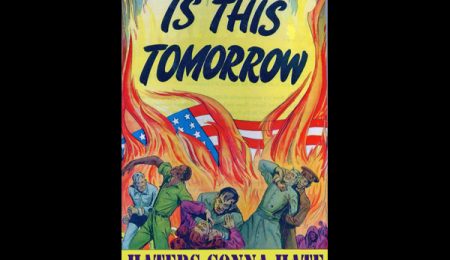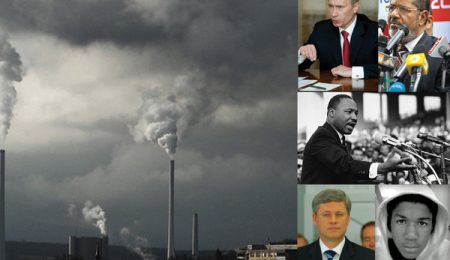Critics shouldn’t be so quick to dismiss NDP race’s lack of star power
One could say that Canadian politics has become much more interesting ever since TV personality Kevin O’Leary entered into the Conservative leadership race.
Besides creating a lot of buzz, he has also been able to raise more money than any of his opponents, according to various media reports. The New Democratic Party (NDP) leadership race, on the other hand, has been a completely different story.
None of the candidates who have publicly considered running are particularly well-known, despite the fact that they are all sitting MPs. In the view of University of British Columbia political scientist David Moscrop, this lack of celebrity will be detrimental to the NDP’s chances of forming government in the next election: “People now, like it or not, love the celebrity behind certain politicians,” Moscrop told the CBC in February.
While charisma and personal appeal certainly can go a long way in building political capital, it shouldn’t be the only factor in determining who will be the best leader for the country.
Personal style needs to be balanced out with substance to ensure that we aren’t just voting for a brand name. While the policies of Donald Trump south of the border may be the most acute example of this, one only needs to look at O’Leary’s campaign to see the dangers in voting based on excitement or popularity.
During the first debate in which he participated, O’Leary provided little in the way of answers on how he would approach the country’s most pressing problems, choosing instead to circle back to his experience as a businessman and primary domain of economics.
Recent outbursts directed towards premiers and populist proposals—such as declaring that he would force Nova Scotia to permit natural-gas fracking in order to create more jobs—also haven’t done much to reassure Canadians that O’Leary truly has their best interests at heart. As Globe and Mail columnist Campbell Clark wrote, “It’s not really about what he’d do, or the answers to a variety of issues. It’s all about Kevin O’Leary.”
But being the leader of a country involves more than just name recognition and hobnobbing with celebrities—it requires a clear grasp of various issues and knowledge of the consequences that every decision can have.
Though the NDP leadership contenders may not be famous, they each have relevant experience to the position which they are seeking. Peter Julian, for instance, has served as an MP since 2004 and as the party’s critic for portfolios such as natural resources, energy, and finance. Another candidate, Guy Caron, is trained as an economist, and Charlie Angus has experience advocating for Indigenous rights. And Niki Ashton has experience fighting for economic equality.
Sure, they may not have the star power that O’Leary does, but their collective experience should speak for itself. If a candidate’s political campaign has boiled down exclusively to their fame, it may be worth asking if they are really qualified for the position of prime minister in the first place.





